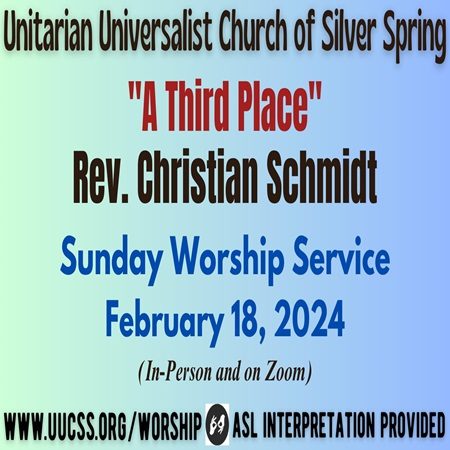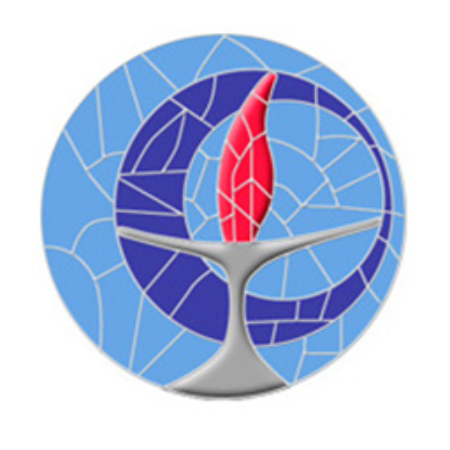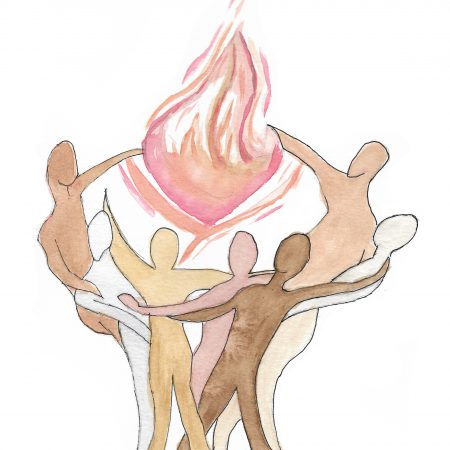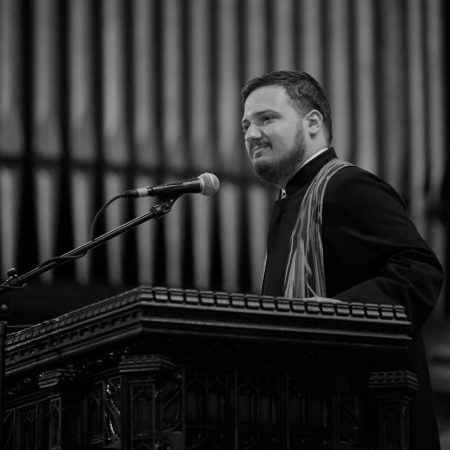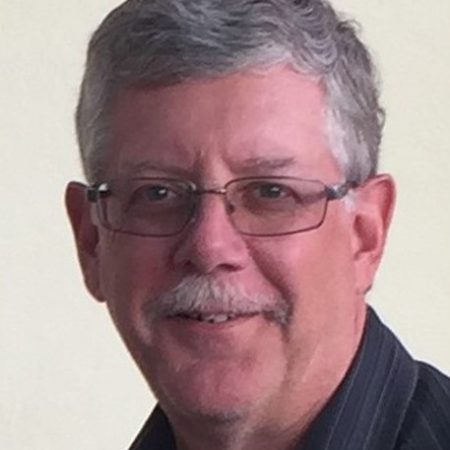Guest Preacher
This pandemic showed us many things: that we are all vulnerable, that we depend on each other for safety, and that we can change and adapt. And being restricted in where we could go, where was safe to go, reminded us of something important, that we need places, physical and virtual, to gather together, to…

